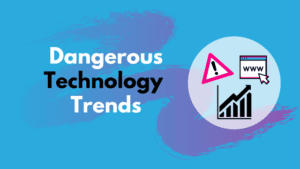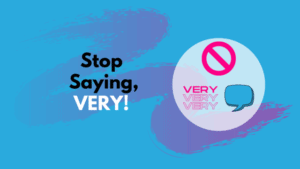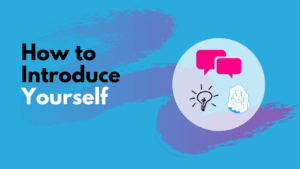👇 Take this lesson with you! 👇
Table of Contents
Do you struggle to understand fast English, especially when you hear native speakers in films and everyday conversations?
Maybe you have taken time to learn English and to build your knowledge of grammar and done lots of reading to learn new words, but when it comes to understanding native speakers, they still find it really difficult.
If this is you, then you will love this lesson that will show you one simple hack to help you understand fast English
The first step to understand fast English
The simple hack to better understand native English speakers, is to realise that they (I should say ‘we’ as I am also a native speaker), use contractions all the time in spoken English. So what you are expecting to hear is different from we will say.
A simple example is that when I introduce myself you may expect me to say ‘I am English’, but I will rarely say that, I will usually say ‘I’m English’.
This is a contraction, where 2 words become one, or more accurately, two words become one sound. So ‘I’ and ‘am’ become ‘I’m’.
We call this a contraction, because the verb ‘to contract’ means to make smaller. We are in effect making the sound smaller.
If you can learn to really hear these contractions, and know what they mean when you hear them, you will start to better understand fast English.
Yes, there are several other factors at play when you listen, and this alone is not the only solution to better listening skills, but it is a great place to start.

The most common English contractions
Let’s look at the most common contractions you need to be able to identify.
| Contraction | Pronunciation | Full form | Examples |
|---|---|---|---|
| Aren’t | /ɑːnt/ | Are not | They aren’t going to come |
| She’s | /ʃɪz/ (if unstressed) /ʃiːz/ (if stressed) | She is | She’s angry |
| She has | She’s got blue eyes | ||
| He’s | /hɪz/ or /ɪz/ (if unstressed) /hiːz/ (if stressed) | He is | He’s English |
| He has | He’s arrived | ||
| I’ll | /aɪl/ | I will | I’ll help you |
| I won’t | /wəʊnt/ | I will not | I won’t help you |
| Didn’t | /dɪd ənt/ | Did not | He didn’t come |
| Couldn’t | /kʊd ənt/ | Could not | I couldn’t agree more |
| Shouldn’t | /ʃʊd ənt/ | Should not | You shouldn’t have said that |
| Wouldn’t | /ʃʊd ənt/ | Would not | I wouldn’t like to be famous |
Tips for improving your English listening skills
If you want to develop your listing skills, I suggest when you are watching films, TV series or Youtube videos, you do not use subtitles.
Subtitles can be useful for helping you learning vocabulary, but if your focus is on developing your listening skills, don’t use them, not even in your own language.
Of course, if you have a lower level of English, you may use them to help you understand sometimes, and even translate from your mother tongue.
However try to create a habit of spending as much time watching videos without subtitles, as you do watching with them with subtitles.
This way, you will push yourself to improve your listening skills and step by step get better at understanding native English speakers.





